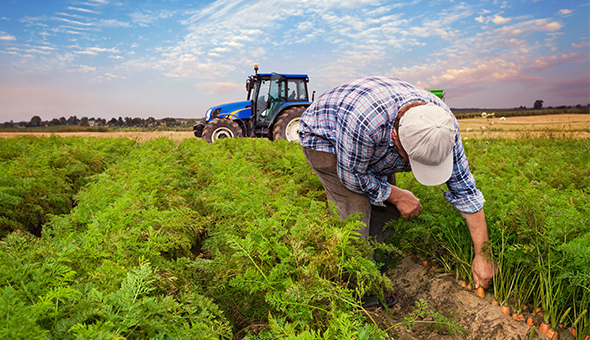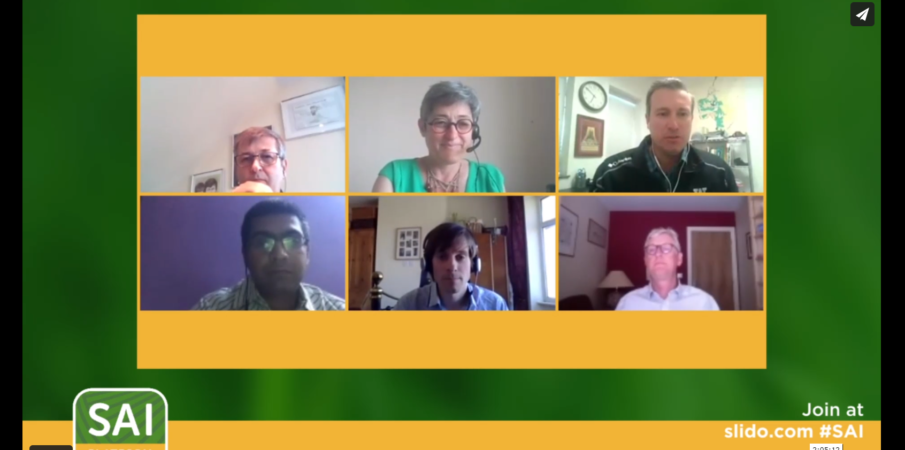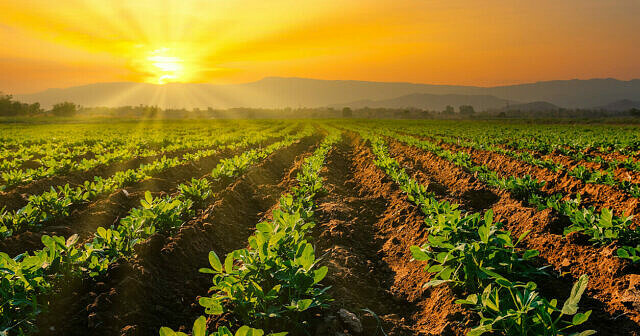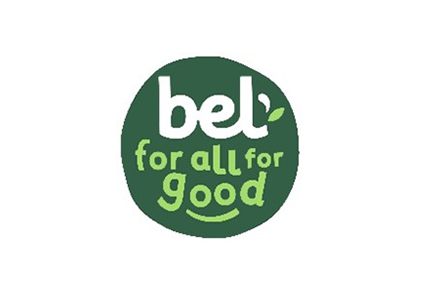5 top insights #SAIPlatform2021
28th June 2021

The agri-food industry came together on 9-11 June, for the first virtual and interactive SAI Platform online annual event. The crux of the event addressed the importance of recognising the value of agriculture for a thriving future. From the keynote speakers and panel discussions to interactive polls and Q&As, clear ideas, solutions and commonalities emerged as to how the food and drink industry can work towards a thriving future.
1. “When we really dare to collaborate and break silos and recognise each other as partners in a sustainable food system, there is win for farmers, win for the value chain and win for the consumer.”

This was the closing message from an impassioned keynote by Arianna Giuliodori, Secretary General, World Farmers’ Organisation (WFO).
The WFO represent farmers who like many others, are feeling neglected, silenced, and hidden in the supply chain. Arianna Giuliodori called for a break in tradition and a change from “supply chain” to “value chain” whereby all stakeholders in the chain recognise each other through collaboration and knowledge sharing.
“There cannot be healthy people on a healthy planet without thriving agriculture”.
2. “It’s not ok that big companies make profit on the back of poor farmers.”

Duncan Pollard, Duncan Pollard & Associates explained that a lot of the future of sustainability depended on the tenability of sustainability itself. His argument centred on inequality and sharing value along the value chain and how this can be done by engaging more and giving farmers more of a voice in the creation of sustainability systems.
There is a shared sentiment that it’s often the case that the best price is also the lowest price for the farmer. This issue of levelling up resonated with Hamish Taylor, Advisor on Sustainability, at Symrise who commented that “We won’t deal with sustainable farming until we deal with social inequality.” The reality here is that without financial investment and the necessary support, sustainability becomes untenable.
3. “Having access to food is something we take for granted.”

A direct impact from COVID-19 is that food became the top priority for people. For the first time in over 60-years, certainly in the northern hemisphere, consumers experienced empty shelves and they became more aware of supply chains and started asking more about food production and supply, and in many cases this led to an increased interest in buying locally.
From the farmers’ point of view the disruption was terrible. Having access to food is something we take for granted. However, in developing countries as Arianna Giuliodori called out, “…the ghost of hunger came back, and we will continue to see increasing numbers of people who face ongoing hunger.”
4. “Empowering consumers is a vital part of our business.”

For most farmers, the next generation is vital. Trey Hill, Owner of Harborview Farms, shared his mantra that envisions: Many small people, who in many small places, do many small things that can alter the face of the world.
But what about the next generation of the FMCGs? How do they see a thriving future and where do they see the value in sustainability?
For Shazia Hussenbux, Oatly and Emilie Stephenson, innocent drinks, there is a growing focus to involve consumers in the conversation around sustainability.
At Oatly there is a specific internal team dedicated to engaging with consumers on sustainability and understanding their concerns. Consumer insight reports identify recurring topics to help make operational decisions better and connect the consumer with the work being done up-stream.
innocent drinks have a similar approach also placing a high value on gaining consumer insights. The example of plastics and packaging being one of the biggest areas of concern for consumers as they feel that this is an area where they can have a positive impact and where they can engage as ultimately, the consumer wants to help influence change.
Whether consumer focused or addressing sustainability in a more holistic way, the mood for a change of approach was clear. Andrew Griffiths, Nestlé added an important element concerning the need to step away from a purely impact-based approach that deals only with single issues. Instead, he called for “A genuine systems approach to deliver greater scale and efficiency with multiple outcomes.”
5. “Soil health, water, GHG, biodiversity and livelihoods are not part of a menu, but part of a list.”

With the COP26 now just six months away, inner-reflections are hovering over whether the agri-food business is still tackling sustainability on a single-issue basis while working in silos. Are individual company commitments standing in the way of moving quickly and collaboratively as they pick ‘n’ mix from the menu rather than address the full list together as an industry?
Jan Kees Vis, Unilever, reflected over his career and his own personal insights concluding that:
“When we talk about impacts, we have to look at impacts on soil health, water, climate, greenhouse gases, biodiversity, livelihoods and the circular economy and we have to improve them all.”
#SAIPlatform2021 Sponsored by



